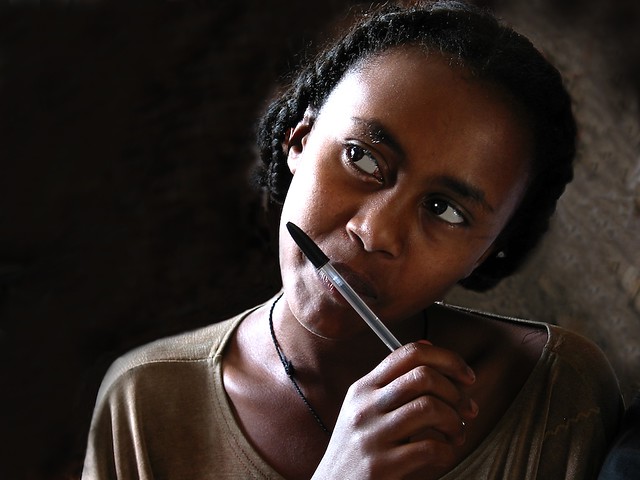Economic Empowerment
Source: Xinhua
African experts have highlighted the contribution of civil society to efforts made to accelerating implementation of Beijing declaration, a commitment by governments to ensure gender equality and women's empowerment among others.
About 189 UN member states in 1995 adopted the Beijing Declaration and Platform for Action (BPfA) at the 4th World Conference on Women in Beijing, China.
The Beijing Declaration was a statement of the political commitment by governments to work towards equality between men and women, with a special focus on women's empowerment; and the Platform for Action outlined strategic objectives and actions in twelve critical areas of concern.
In 2015, the UN Commission on the Status of Women will carry out a review and appraisal of the implementation of BPfA for which review processes have already started in different regions of the world.
A two-day consultation dubbed Beijing+20 civil society organizations (CSOs) consultation meeting kicked off on Tuesday on the premises of the UN Economic Commission for Africa in Addis Ababa, Ethiopia.
The consultation aims to review the extent to which African member States have met their commitments in implementing the BPfA, specifically progress made in addressing the twelve critical areas of concern.
The meeting is held with the objective of providing African CSOs and networks a forum to contribute to the Beijing + 20 Africa Regional review process.
It is also expected to review and highlight CSOs' contribution to the implementation of Beijing Platform for Action in Africa in the last 20 years.
Thokozile Ruzvidzo of the African Center for Gender Social Development Policy Division at UNECA told reporters at the opening of Tuesday's meeting that the review process in Africa started in January this year whereby about 52 member countries submitted reports on the performances in addressing women's issues.
She underscored the role African civil society plays in the efforts to accelerating the implementation of the commitments governments made in Beijing.
The consultation meeting has been organized to bring civil society together and look at the progress, the challenges, the advancements made as well as deliberate on the opportunities missed and the emerging issues among others, said Ruzvidzo.
Letty Chiwara, UN Women Representative, told Xinhua in particular that a number of achievements have been made after the Beijing commitments in 1995 of which she highlighted the progress on women's leadership in politics and governance as well as on girls education.
Chiwara stated that the progress has been in leadership of women in their countries and institutions as well as community level.
"There are many but I want to highlight achievements in two areas; one is women's leadership on the politics and governance whereby before we went to Beijing in 1995, rare to see African countries being led by women; but as we speak now, we do have African women who are leading as presidents, vice-presidents or ministers, the numbers are growing," she said.
The official mentioned women leaders of some African countries and the first ever a woman chairperson of the African Union Commission as examples.
Chiwara also stated that remarkable achievements have been made in girls' education in Africa, which she said is one of the Beijing priorities.

She mentioned the results achieved in Ethiopia where more than 80 percent of young girls are now going to school compared to less than 20 percent before 1995.
"In Ethiopia for example, a country I represent, it is an amazing movement whereby we have more than 80 percent of young girls who are now going to school compared to less than 20 percent before 1995. We have seen a lot of progress in some of those critical areas," she said.
Though being narrowed the gap is still huge in issues related to employment and economic empowerment of women in Africa, noted Ruzvidzo of the African Center for Gender Social Development Policy Division at UNECA.
Ruzvidzo underscored the need to further strengthen efforts to ensure gender equality and increase women's participation in agriculture and science and technology among others.
Experts also discussed on emerging priority areas, gaps, challenges and opportunities with a view of shaping regional consensus on potentially contentious issues.
